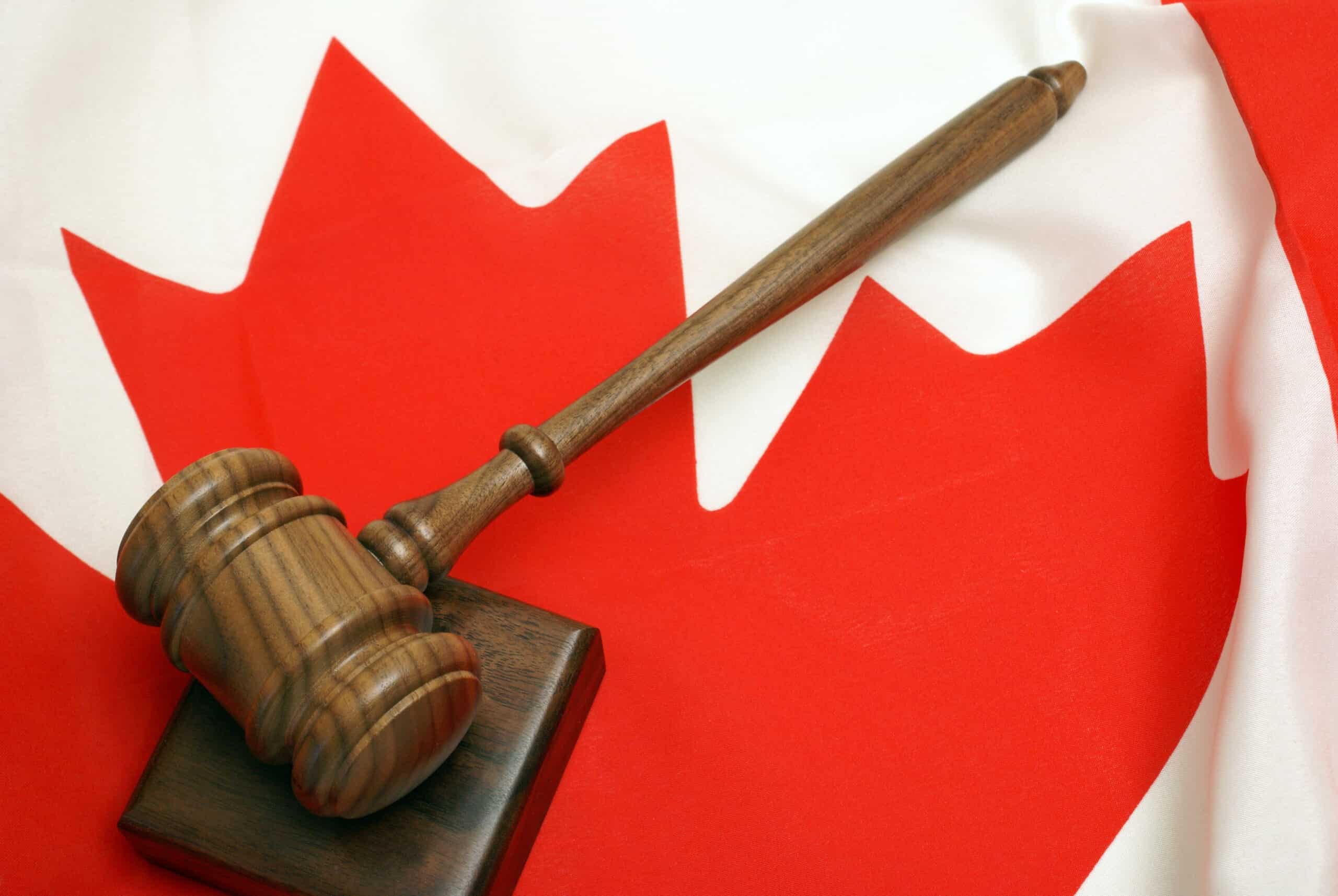The Atlantic Canadian province of New Brunswick is going to stop holding asylum seekers and other immigrants in provincial jails which it now does under an agreement with the Canada Border Services Agency (CBSA).
“Eight provinces have now sent a clear message to the federal government – that they will not allow their provincial jails to be used for immigration detention, a practice that violates international human rights standards,” says Amnesty International on its website.
“Nova Scotia, Alberta, Saskatchewan, British Columbia have ended immigration detention in their provincial jails, and by July, Quebec, Manitoba, New Brunswick and Ontario will have also ended the practice in their jails.”
The CBSA has reportedly stated there is only one such detainee in a jail in New Brunswick and 39 in other provincial correctional facilities or local police cells across the country.
Of those, only one is suspected of serious criminality, criminality or involvement with organized crime. The vast majority of the other detainees, 21 of them, are considered as unlikely to appear, and another 16 as a danger and unlikely to appear.
Read More
Ontario Issues 1,451 Invitations In Skilled Trades, Health and Tech Occupations
Temporary Resident Pathway For Up To 1,000 Palestinians Opens
Canada Issues 1,510 Invitations In First Express Entry Draw of 2024
One is being detained solely to complete an examination or establish his or her identity.
“Our detention applies across the entire immigration spectrum. It’s not just refugees. It’s not just people applying for asylum. It’s anybody in the immigration continuum,” CBSA vice-president of intelligence and enforcement Aaron McCrorie reportedly told CBC News.
“We do not detain asylum seekers at all unless we don’t know who they are unless they pose a risk to the public.”
British Columbia became the first Canadian province to take steps to stop the practice of housing migrants in provincial jails for the CBSA in 2022.
| Persons detained sorted by province in 2022-2023 fiscal year | ||||
| Province | First quarter | Second quarter | Third quarter | Fourth quarter |
| Alberta | 63 | 53 | 61 | 65 |
| British Columbia | 223 | 283 | 309 | 390 |
| Manitoba | 8 | 4 | 9 | 14 |
| New Brunswick | 7 | 3 | 10 | 6 |
| Newfoundland and Labrador | 2 | 0 | 4 | 2 |
| Northwest Territories | 0 | 0 | 0 | 0 |
| Nova Scotia | 1 | 1 | 2 | 3 |
| Ontario | 644 | 574 | 786 | 744 |
| Prince Edward Island | 0 | 0 | 0 | 0 |
| Quebec | 435 | 525 | 490 | 477 |
| Saskatchewan | 13 | 2 | 5 | 5 |
| Yukon | 0 | 0 | 0 | 1 |
| Note: The total number of persons detained by province when added together, is greater than the total number of persons detained in that quarter as persons may be transferred between provinces during their time in detention. In this instance they are counted twice. | ||||
Human rights activists have been calling on Ottawa to end the housing of Immigration and Refugee Protection Act (IRPA) detainees in provincial jails across Canada, saying the practice is both discriminatory and harmful.
“The fight is not over yet and harms continue every single day in Canada’s discriminatory and deadly immigration detention system in which at least 17 people have died since 2000,” notes Amnesty International.
Amnesty International reports one person died in immigration detention on Dec 25, 2022.
“We need your help; please join us in calling on the federal government to end immigration detention in all provincial jails in Canada.”
Watch Video
Under the IRPA, migrants can be and are kept in these provincial jails across Canada even when they are not accused of a crime.
Human Rights Watch and Amnesty International have teamed up to fight the detention of newcomers in provincial jails across Canada through the #WelcometoCanada campaign.
These people were held in small spaces and were under constant surveillance and, in provincial jails, many are confined in dangerous environments where they might be subjected to violence, the campaign claims.
“It’s extremely shocking, it’s even outrageous that we can treat human beings this way in a country like Canada,” France-Isabelle Langlois, executive director of Amnesty International Canada’s francophone branch, reportedly told the CBC.





